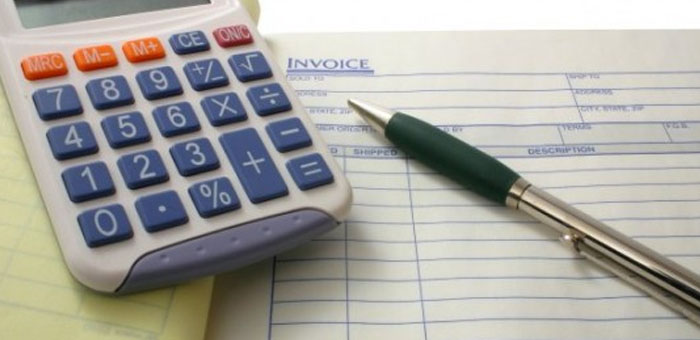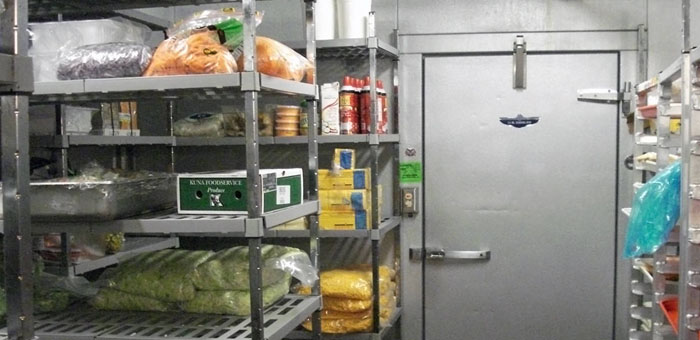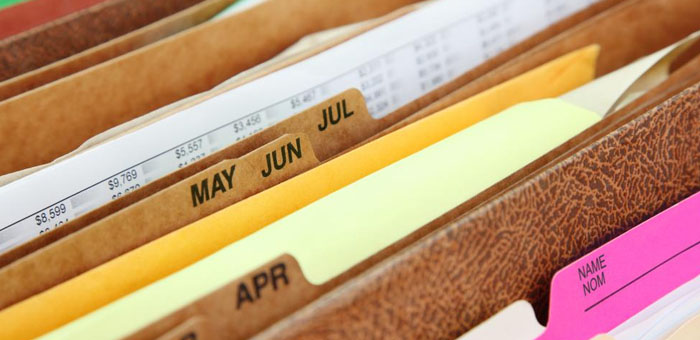Food truck owners have a tendency to keep a lot of the financial details of their business in their heads. Operating this way has its advantages. Going this route assures no new software to learn, no danger of a system wide data loss. Also, you can tweak your food truck budget as often as you need without sitting down at a desk.
But when you don’t have a system and some processes in place, surprises can pop up, goals can be easily missed and important paperwork forgotten. Getting a better handle on your money can help you to make and keep long-term goals, smooth out the seasonal ups and downs of your cash flow and maybe improve your food truck profits. It can also help you to stay out of trouble with the IRS.
Four bookkeeping tips for food truck vendors:
Plan for major expenses
The first of our bookkeeping tips is to put events like a major POS upgrade on the calendar. Mark it a year in advance or, ideally, three to five years ahead. Be sure to take seasonal ups and downs into account.
By following this tip, you’ll avoid taking money out of your food truck business during the flush periods only to find yourself short in the slower months, when costly projects like upgrading kitchen equipment usually happen.
Track expenses
A credit card that you use solely for business can be a basic accounting system. Most card statements categorize expenses, so you can see which outlays relate to which of your food truck operation activities. If you always use your business credit card for business expenses, you’re less likely to pay cash at, say, Office Depot and lose the receipts, forfeiting tax-time write-offs. Pens and printer paper can add up.
Also make sure to annotate trips for business, lunches and other events with cash you spend in your day planner. This habit can go a long way toward backing up those items for your tax records if you get audited.
No truck owner drives exactly 10,000 miles for business in a year, so the IRS knows this is an estimate, an in an audit, if you can’t substantiate those numbers, the whole category can get thrown out.
Record deposits correctly
Adopt a system for keeping your financial activities straight. Whether it’s a notebook you use consistently, an Excel spreadsheet or software such as Quickbooks. Food truck owners typically make a variety of deposits into their bank account through the year, including loans, revenue from sales and cash infusions from their personal savings. The trouble with this approach is that at the end of the year, you or your bookkeeper might mistakenly record some deposits as income, and end up pay taxes on more money than you’ve actually made.
Set aside money for paying taxes
The last of our bookkeeping tips is to put a portion of money aside throughout the year for taxes. Then note tax deadlines on your calendar, along with prep time if you need it, to make sure you actually make payments when they’re due. If you mess with payroll taxes, you have a two-fold problem. You haven’t paid taxes due and you’ve taken money that the IRS sees as belonging to your employees.
RELATED: 6 Food Truck Tax Tips Your CPA May Have Missed
Do you have any additional booking tips for vendors? Share your thoughts in the comment section or on social media. Facebook | Twitter




